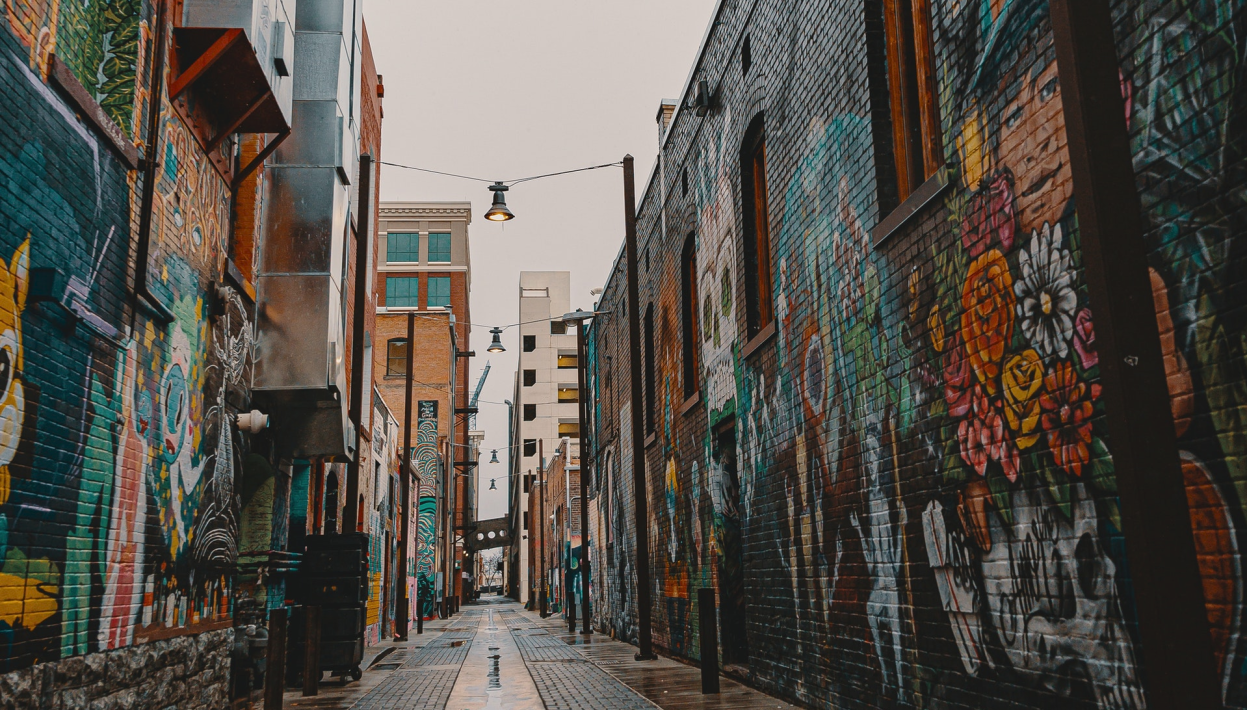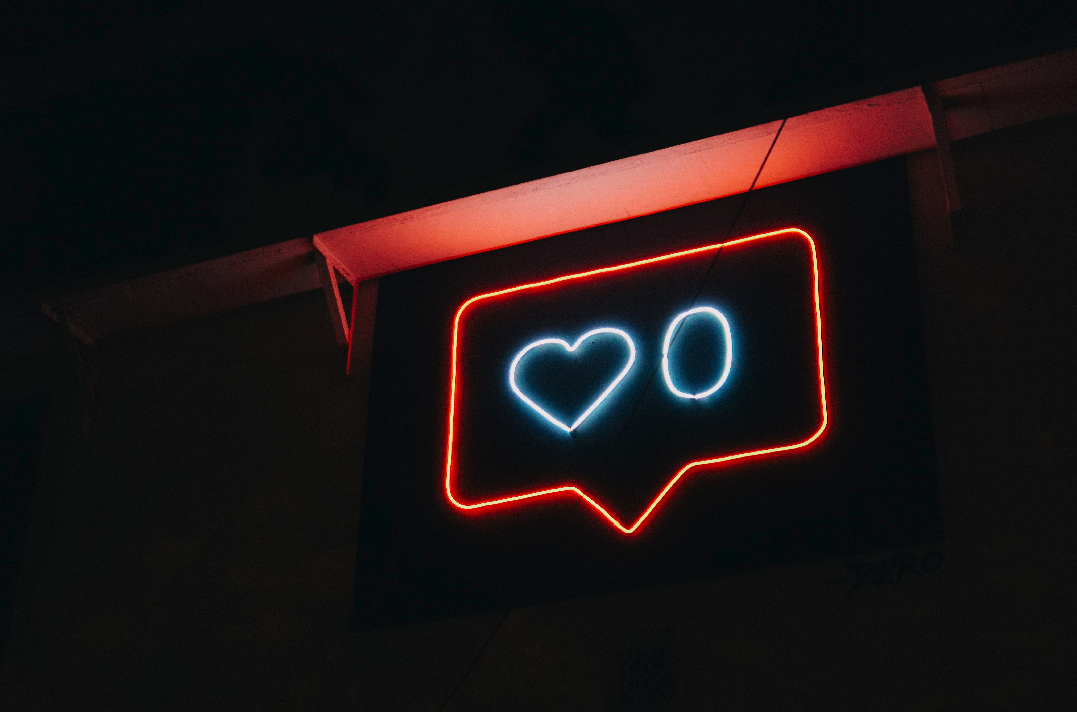The Introduction’s Introduction
Welcome to Catalyst COVID, a series of articles showcasing how societies around the world are turning to mass surveillance for national security, interpersonal trust, and optimizing their economies in the time of a global pandemic.
Background & Stereotypes
The first working implementation of a mass surveillance system as we stereotypically think about today was revealed to the world in 2013 when Edward Snowden released classified documents detailing the United States National Security Agency’s program to gather and record data on nearly all US citizens. However, while the NSA’s system might be thought of as a first of its kind, it was by no means the first mass surveillance system, not even in the United States.
Think back to the last time you applied for a job or rented a house. During either of those steps, you were required to submit to a background and credit check. While these forms of surveillance are hidden in plain view, we rely on them everyday to provide trust in a society where we can’t possibly know everyone we depend on and interact with on a personal level. In our society today we’ve developed systems of surveillance in the forms of credentials to manage and verify power in our society.
A Changing Perspective
Surveillance isn’t just the role of the FBI or CIA, we perform surveillance on a daily basis with everyone we come into contact with by enforcing social norms. Not all surveillance is dangerous either, surveillance in our society through credentials has allowed the growth of enormous globalized economies and social media has made it nearly impossible for corrupt governments to suppress their populations.
There are dangers with modern surveillance however, with the growing amount of data centralized in a few companies they now know almost everything about us, while we in turn know very little about them. In the time of a pandemic these systems become ever more visible to us as we are pushed to change our lives and expose more of interactions online. We believe the Coronavirus Pandemic is going to be a catalyst for a new generation of mass surveillance. On one hand, we could save possibly millions of lives with contact tracing apps and long range temperature scans in the future, but at what cost to our privacy? How can the power and technology created in this time be turned to new uses?
The articles below, and throughout this project aim to discuss these issues on surveillance, and how we might be able to change it before it changes us.
Thanks to Everyone Who Made this Possible
This project developed from a course taught on Cultures of Surveillance at the University of Arizona and was an amazing experience. Thank you to our researchers who interviewed people affected by the pandemic, read the news even on days we didn’t want to, and spent hours editing their pieces to share these stories with the world. Thank you to Allen for his work on a podcast episode with Nathanel and for putting together an amazing original song as tribute to all of us stuck inside.



